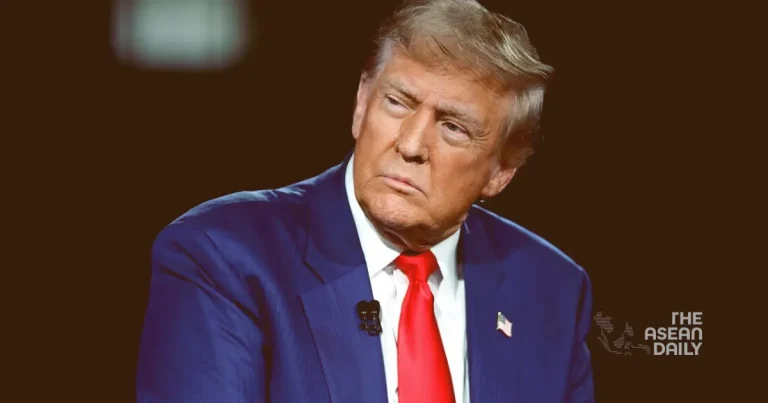14-2-2025 (WASHINGTON) US President Donald Trump has- announced plans for wide-ranging “reciprocal tariffs” that could affect both allies and rivals alike, marking a- significant escalation in international trade relations.
Speaking from the Oval Office on Thursday, Trump laid bare his administration’s latest trade strategy, declari ng that American trading partners were often “worse than our enemies” and vowing to match any tariffs imposed on US goods. “Whatever countries charge the United States of America, we will charge them,” Trump stated emphatically.
The President reserved particular criticism for the European Union, describing their trade practices as “absolutely brutal”. A White House official, speaking on condition of anonymity, revealed that the new tariffs would be customised for each trading partner, taking into account existing duties and what the administration views as “discriminatory” measures, including value-added taxes (VATs).
The implementation process will begin with a thorough examination of economies where the US faces its largest trade deficits or “most egregious issues”, according to the official. Howard Lutnick, Trump’s commerce secretary nominee, indicated that preliminary studies should be completed by 1 April, with potential tariff implementation as early as 2 April.
Trade advisor Peter Navarro defended the move, asserting that “Major exporting nations of the world attack our markets with punishing tariffs and even more punishing non-tariff barriers.” The White House specifically highlighted concerns with India, Brazil, and Japan’s “high structural barriers”.
Whilst Trump acknowledged that US prices “could go up” as a result of the tariffs, he expressed confidence in their ultimate stabilisation. This comes at a particularly sensitive time, as cost-of-living pressures were a crucial factor in Trump’s recent electoral victory.
The announcement has raised eyebrows among economic experts, who warn that such widespread tariffs could fuel inflation rather than reduce it. The US trade deficit in goods exceeded US$1 trillion last year, a figure the administration attributes partly to “unfair” treatment by trading partners.
The timing of the announcement is particularly noteworthy, coming just before Trump’s meeting with Indian Prime Minister Narendra Modi. India has already offered some concessions, including reduced tariffs on high-end motorcycles, potentially setting a precedent for other nations.
Christine McDaniel, a senior research fellow at the Mercatus Center and former George W Bush administration official, suggests that Trump appears unconstrained by World Trade Organization protocols. She notes that while the policy could yield positive results if countries agree to renegotiate, American importers could face higher prices if trading partners refuse to comply.




